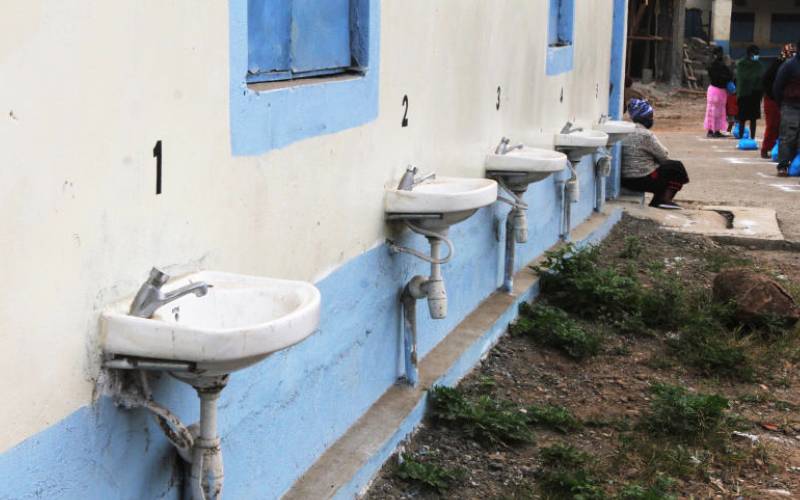×
The Standard e-Paper
Kenya’s Boldest Voice

The first batch of learners reported to school on Monday full of anxiety and measured optimism.
Grade 4, Standard Eight and Form Four learners reported back to school for 11 weeks of second term. They will break on December 23 for only a week after which they will start third term in January. Other learners resume in two to three weeks.